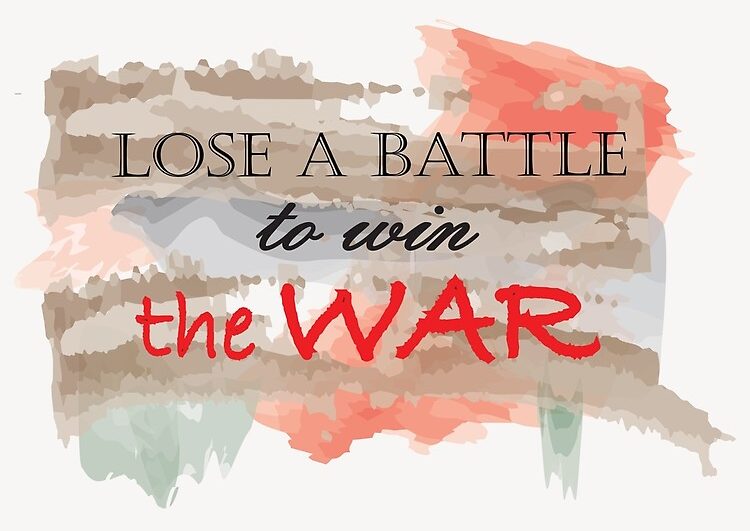
In January 2024 I contended the church is winning the battle for attention; a success which is taking the church in a wrong direction. If you have not read that post, you can find it HERE.
This post, intended as a follow up, has been a draft for many months. Primarily and ironically it languished because, sadly, the previous post did not garner much attention.
Prompted by a recent article [You’re Being Alienated From Your Own Attention : Every single aspect of human life is being reoriented around the pursuit of attention. By Chris Hayes] I went back and re-read my post in light of Hayes’ article. IMHO that post was pretty darn good.
Before you can persuade, you must capture attention: “Friends, Romans, countrymen, lend me your ears!” Before you inform, insult, or seduce, you must make sure that your voice doesn’t end up in the muted background static that is 99.9 percent of speech directed our way. Public discourse is now a war of all against all for attention. Commerce is a war for attention. Social life is a war for attention. Parenting is a war for attention. And we are all feeling battle weary. 1Chris Hayes
Some possible reasons why it didn’t get more attention…
- The title “The Church and the Battle for Attention” wasn’t very seductive. Perhaps something like : ” The Battle of Armageddon Rages” or “Satan Invades the Church” would have gotten attention.
- The post was more than 244 characters and had links to other articles requiring additional investment of time and attention. In a society where less than half of young Americans read a book nearly every day and ‘70% say they use Facebook daily (including 45% who do so several times a day), a significant increase from the 63% who visited daily in August 2013.’ it should be no surprise a longer post about the church and attention is a snoozer.
- Related to above, decreased attention span. The average adult internet user’s attention span is 8.25 seconds, influenced by the increasing distractions on the internet, social media, and the environment. 2Attention span, the length of time a person can concentrate on a single task, activity, or stimulus, is a crucial aspect of cognitive functioning. It influences how we learn, work, and interact with our surroundings. This article sheds light on the average human attention span statistics and facts, illustrating how attention varies among individuals and changes over time.https://www.sambarecovery.com/rehab-blog/average-human-attention-span-statistics
- The subject requires thoughtful reflection and analysis, questioning assumptions and beliefs, and seeking out new information and perspectives. In other words, effort. Competition for your attention is fierce.
We resist coercion…If someone puts a gun to your head and tells you to dig a ditch, you know you are being coerced. If someone fires a gun in the air, your attention will instantly shift to the sound even before you can fully grasp what’s happening. 3Chris Hayes
If you have gotten this far, thank you. I hope I’ve gotten your attention enough you will read the first post and the Chris Hayes article. Preparation for: THE CHURCH- Losing the Battle for Attention (part 2).
Questions to be addressed :
Why is it important that churches lose the battle for attention?
How can churches abandon the battle for attention and be successful ?
STIIL ON THE JOURNEY
- 1Chris Hayes
- 2Attention span, the length of time a person can concentrate on a single task, activity, or stimulus, is a crucial aspect of cognitive functioning. It influences how we learn, work, and interact with our surroundings. This article sheds light on the average human attention span statistics and facts, illustrating how attention varies among individuals and changes over time.https://www.sambarecovery.com/rehab-blog/average-human-attention-span-statistics
- 3Chris Hayes